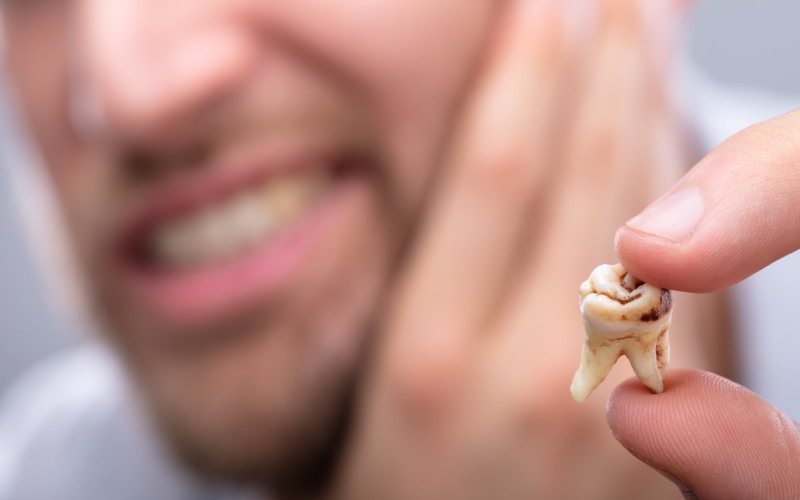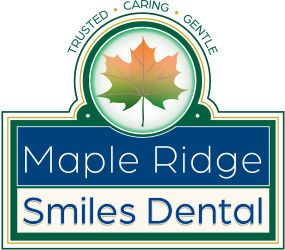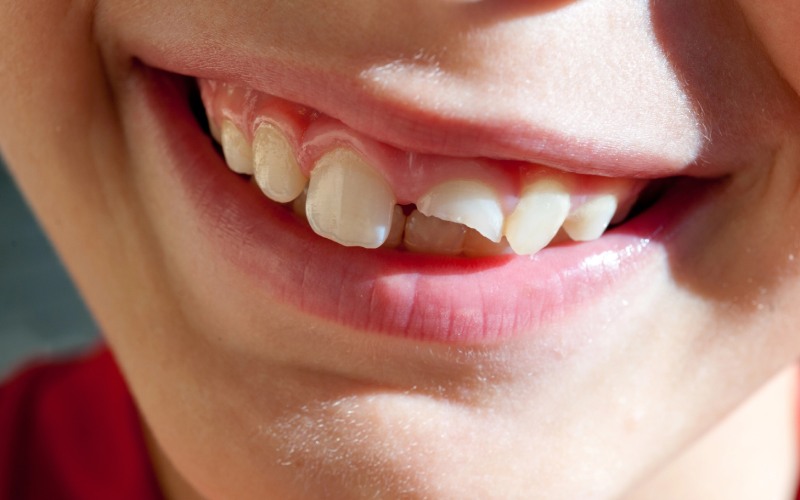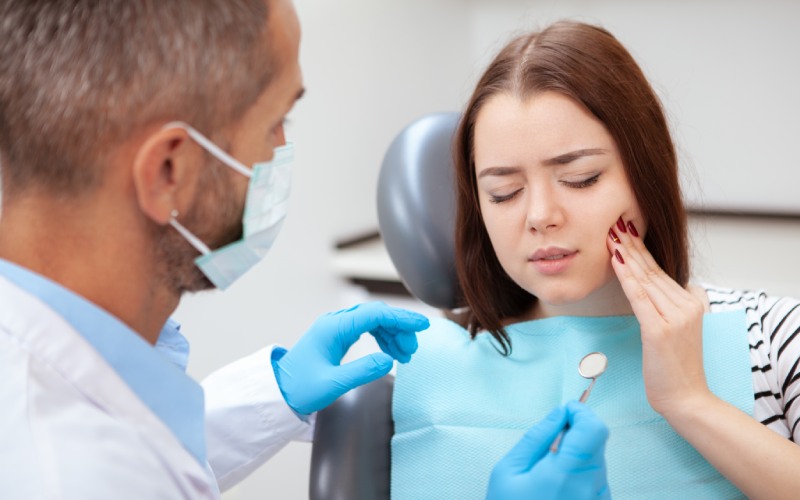
When you’re faced with a dental emergency, the clock is ticking to save your tooth and alleviate pain. Knowing how to react can be the pivotal factor in preventing further damage. It’s essential to have a plan in place and be aware of the immediate steps to take.
Whether it’s a severe toothache, a knocked-out tooth, or a lost filling, urgent dental care is critical. Quick action not only eases discomfort but also increases the likelihood of a positive outcome. So, if you find yourself in a dental bind, remember, prompt attention is key to preserving your smile.
Immediate Care for Dental Emergencies
When you’re faced with a dental emergency, immediate action can significantly improve the outcomes. Understanding the steps to take can provide you with the best chance to save your tooth and prevent further complications.
React Quickly to Severe Toothache
If you experience a severe toothache, it’s imperative to contact your dentist immediately. They’ll guide you on how to manage your pain or swelling until you can get professional care.
- Rinse with warm salt water to alleviate pain
- Apply a cold compress to reduce swelling
Dental Trauma Response
For knocked-out or loose teeth from an accident or trauma, time is of the essence. Within 30 minutes is the golden window for potentially saving your tooth:
- Handle the tooth by the crown, not the root
- Rinse it gently if it’s dirty
- Try to reinsert it in the socket or keep it moist in milk
Deal with Lost Crowns or Fillings
Lost crowns or fillings expose your teeth to potential infection and further damage:
- Keep the crown or filling if possible
- Avoid eating on the affected side
- Apply clove oil to the sensitive area if you experience pain
Preventive Measures
Minimizing the risk of dental emergencies is just as important as knowing how to respond:
- Use mouthguards during sports
- Refrain from using your teeth to open packages or bottles
Emergency care preserves your dental health. Contact your dentist for after-hours emergency care options and keep this information accessible at all times.
Types of Dental Emergencies
When you experience a dental emergency, it’s crucial to understand what you’re dealing with and act swiftly to minimize damage and alleviate pain. Here’s a detailed look at common dental emergencies, what they entail and steps to manage them effectively.
Toothache
Toothaches are one of the most frequent dental emergencies. They can be a sign of various issues, ranging from a cavity to an infection. If you’re experiencing a severe toothache:
- Rinse your mouth with warm water.
- Use dental floss to remove any food particles or debris.
- If swelling is present, apply a cold compress to the outside of your mouth.
- Avoid placing painkillers directly against the gums near the aching tooth, as they may burn the gum tissue.
Fractured Tooth
A fractured tooth requires immediate attention to prevent further damage. Symptoms include pain when chewing and sensitivity to hot and cold temperatures. If you’ve fractured your tooth:
- Rinse your mouth with warm water immediately.
- Apply a cold pack to the face to reduce swelling.
- Keep any broken tooth pieces in a clean container with a moistened piece of gauze.
Knocked-Out Tooth
If you’ve had a tooth knocked out, it’s vital to keep the tooth moist at all times.
- Pick up the tooth by the crown (top) and avoid touching the root.
- If possible, gently insert and hold the tooth in its socket.
- If that’s not possible, place the tooth in milk or a saltwater solution.
- Head to the dentist immediately—successfully replanted teeth are those handled promptly.
Dislodged Tooth
A dislodged tooth, one that has been pushed sideways, upwards, or downwards, can sometimes be repositioned.
- Do not force the tooth back into its socket.
- Keep the tooth moist either by placing it in milk or holding it in your mouth next to your cheek.
- Visit your dentist right away to increase the chances of saving the tooth.
Abscess
An abscess is a serious infection that can spread to your jaw and surrounding tissues if not treated.
- Look for a pimple-like swelling on your gum, which is a clear sign of an abscess.
- Rinse your mouth with a mild saltwater solution several times a day to ease the pain and draw the pus towards the surface.
Lost Filling or Crown
If a filling or crown comes out, it can be painful and should be treated as soon as possible.
- Keep the crown in a cool, safe place because there’s a chance it can be reattached.
- Apply clove oil to the sensitive area with a cotton swab to alleviate pain.
- If you can’t get to the dentist immediately, use dental cement or sugarless gum to cover the tooth’s surface as a temporary measure.
Broken Braces or Wires
Broken braces or wires can cause discomfort and must be addressed promptly to avoid delaying treatment.
- Use the eraser end of a pencil to gently push the wire into a more comfortable position if it’s sticking out.
- Cover sharp or protruding ends with orthodontic wax or a cotton ball.
- Do not cut the wire, as this could cause you to swallow or inhale it, which can be dangerous.
Soft Tissue Injuries
Injuries to the lips, gums, tongue, or inside of the cheek can bleed heavily and should be managed quickly.
- Rinse your mouth with a saltwater solution.
- Apply pressure to the injured area with a moistened piece of gauze or tea bag for 15 to 20 minutes.
- To control bleeding and relieve pain, hold a cold compress to the outside of the mouth or cheek in the affected area for 5 to 10 minutes.
Preventing Dental Emergencies
Dental emergencies can be stressful and often painful experiences. Fortunately, there are preventative measures you can take to minimize their occurrence. Below, you’ll discover key practices to incorporate into your routine, significantly reducing the likelihood of facing a dental crisis.
Regular Check-Ups and Cleanings
Attending regular dental check-ups is your front line of defense against dental emergencies. These visits allow for early detection and treatment of potential issues before they escalate. Professional cleanings remove plaque and tartar, hindering the development of gum disease. Benefits of regular check-ups include:
- Early problem identification
- Prevention of tooth decay
- Reduction in the chance of infection or abscess
Good Oral Hygiene Practices
Maintaining good oral hygiene diminishes the risk of requiring emergency dental care. Effective practices include brushing teeth at least twice a day with fluoride toothpaste and flossing daily to remove trapped food particles and bacteria. Here’s what good oral hygiene does for you:
- Keeps tooth enamel strong
- Reduces the risk of developing cavities
- Prevents gum inflammation and infection
Wearing Mouthguards During Physical Activities
Don’t underestimate the importance of wearing mouthguards during sports or any physical activities where there’s a risk of facial impact. A custom-fitted mouthguard can absorb shock and prevent traumatic dental injuries like fractured, broken, or knocked-out teeth. Protection mouthguards offer:
- Safeguarding against cuts and bruises inside your mouth
- More effective shock absorption than over-the-counter versions
- Prevention of costly dental emergency treatments
Avoiding Chewy or Hard Foods
Foods that are particularly hard or chewy impose unnecessary strain on your teeth, potentially leading to cracks, fractures, or dislodgement of restorations such as fillings and crowns. Specifically, avoiding hard candies and ice can prevent damage that might send you rushing to the dentist’s office. Choosing safer food options contributes to:
- Longevity of dental restorations
- Less wear and tear on natural teeth
- Decreased likelihood of emergency dental repairs
Don’t Wait to Treat a Dental Emergency
Remember, your quick response to dental emergencies can make all the difference. Whether you’re dealing with a severe toothache or a knocked-out tooth, knowing what to do can save your smile and reduce the need for extensive treatment. Don’t forget the power of prevention. By maintaining regular dental visits and good oral hygiene, you’re not just caring for your teeth today—you’re safeguarding your dental health for the future. Contact Maple Ridge Smiles Dental if you have a dental emergency, or to schedule a preventative cleaning appointment.


